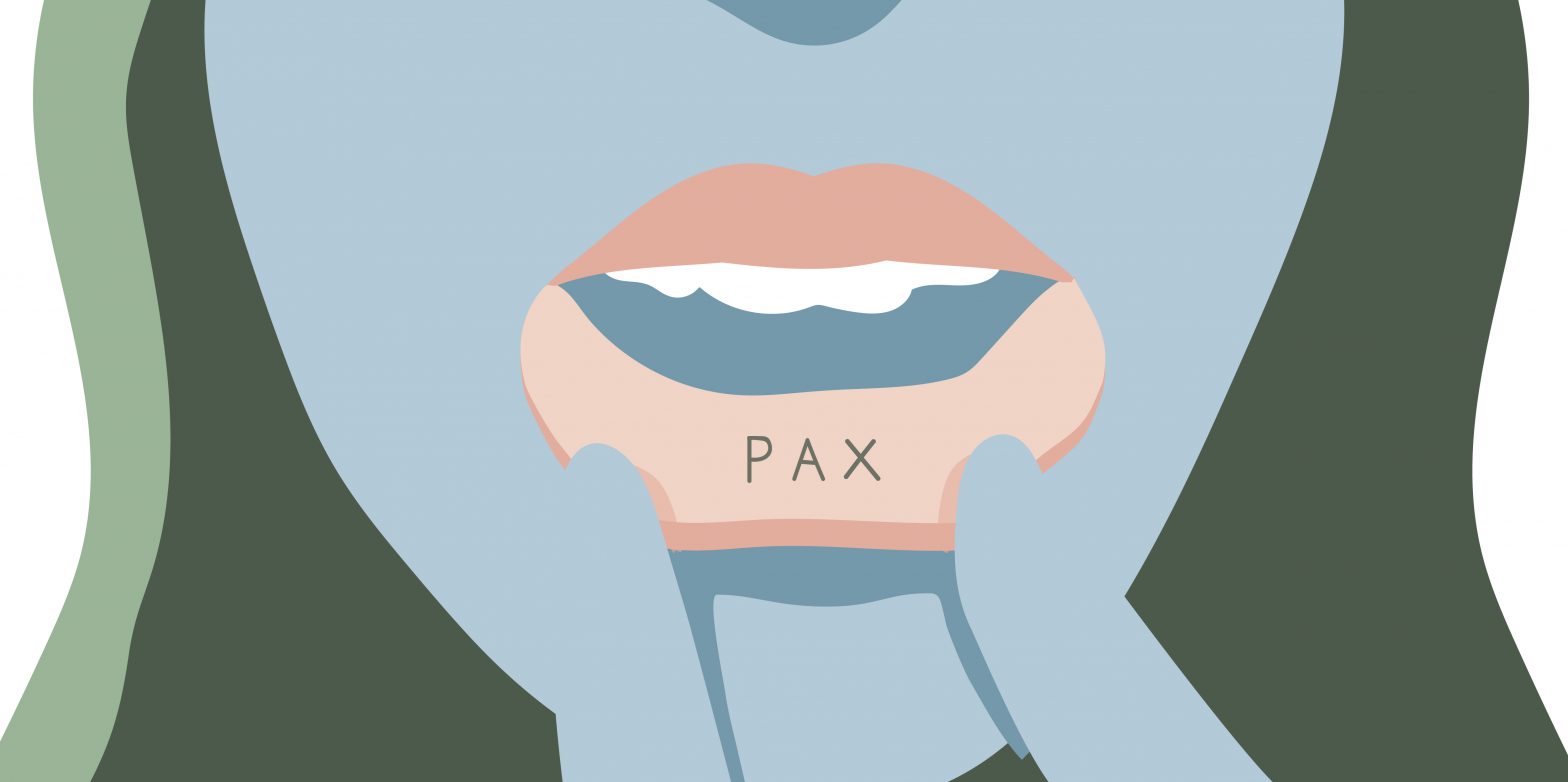His name was Haze. Or at least that’s what he called himself. In retrospect, walking into the closest tattoo parlor that evening to get my first tattoo without doing any research was what every artist and experienced ink-getter strongly advises against. But I operate on impulse–a symptom of mania–and I needed that tattoo right away.
It was early fall of 2008; I just returned from two weeks working in Honduras and started my final year at New York University. Barack Obama was on track to make history as the first black president and liberal arts courses were pumping through my cerebral cortex. I was filled with hope, in spite of the slow crumbling of the economy and the prospect of a job after graduating dwindling. The hope he promised was a necessary salve to the past eight years.
Ending my college years on a hopeful note was a dramatic shift from how I began high school. I grew up in a small suburb on Long Island, 30 miles east of Manhattan; not close enough to see the city but its shadow still loomed. On the morning of my first day of high school, alternating waves of panic and excitement passed over me. I collected my schedule and reported to my first-ever high school class: music. As I walked into the room, Billy Joel’s “We Didn’t Start the Fire” was blaring, which should not come as a shock to anyone familiar with Long Island and our devotion to this local legend.
Dissecting each era in the song’s verses was our lesson for the day. At least, it was supposed to be. Halfway through the class, our principal’s voice came over the loudspeaker. “Anyone with a parent or loved one working in Lower Manhattan must report to the chapel.” I quickly searched my memory. I’d visited my dad’s office frequently, but my young mind still hadn’t mastered the grid of Manhattan. But he worked in finance and finance was downtown, right?
I sat and waited. Because of my uncertainty, I didn’t want to make a mistake on my first day. Quickly the news spread–probably faster than other schools because we were 400 gossipy and panicked young women. The line for the payphones was long but none of our calls weren’t going through. Eventually, a group of us were called to the main office. Our parents had come to take us home. This was the first time I recall seeing my mother worry. Instead of going home, perhaps in fear of what we’d learn when we arrived, we spent the afternoon at her friend’s house, glued to the news. I was rapt with the events, obsessing over every playback, every new angle, each theory of what had just happened.
Hours later, after we’d returned home and the sun was long set, my dad walked through the front door. He’d walked several miles across the Queensboro bridge to find a working train. The stress of the day weathered my youthful-looking father a decade. We all tried to sleep that night but REM never came. Waiting for the bus the next morning, the sky was gray and the air stunk of fire, but not like one I’d ever smelled before. I was scared.
In the years that followed, I became obsessed with terror. I convinced myself the worst was yet to come. There were wars and snipers and school shootings. The world was bad; I knew it. So when I arrived at NYU, I was more panicked than excited. “Lightning does not strike twice,” my mom said, seeing me stare downtown toward the hole that still overwhelmed the city.
I filled my schedule with classes on philosophy, human rights, and religion. I was looking for answers. I wanted to know why people did such horrific things; but even more, I wanted a reason to hope, to believe in peace. My thinking shifted. Peace was possible, but we had to work like hell to get there. Obama would help us do the work.
After a long shift swiping law students into the library in between episodes of The Wire, I turned to my friend who shared this tedious job with me and said, “We’re getting tattoos tonight.” On the one-block walk from the library to the tattoo parlor, I decided I wanted the word “peace” tattooed on me. But where? I favored discretion and had heard lip tattoos fade within a year.
Haze asked what I wanted and I blurted out “Pax. Inside my lip.”
“Pax?” he inquired.
“It means peace. It’s Latin,” I responded. But as for why I chose Latin, instead of a language I spoke–or anyone spoke–I don’t know. As Haze prepped his set up, he tried to calm my nerves. He was recently sober and just returned from a narcotics anonymous meeting. He was “good,” he assured me.
It took two minutes to ink three letters on the inside of my lower lip and eight years later, they haven’t faded at all. I guess peace can, in fact, endure, but only if we work for it.
Related: Why I Made the Tough Decision to Cover Up a Meaningful Tattoo


such a beautiful story, and beautifully written too. brought tears to me eyes